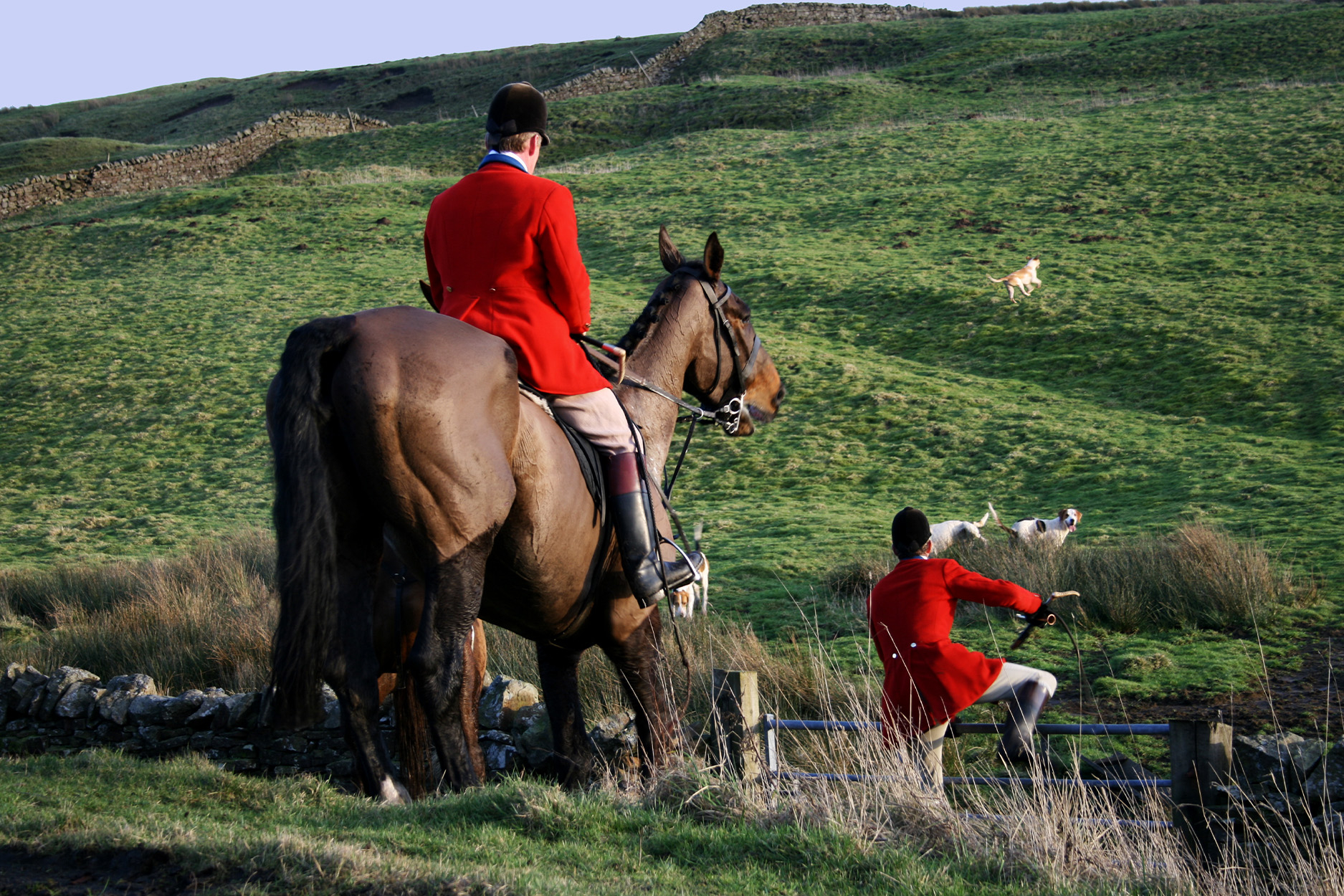American hunters often feel like we’re in the minority. And statistically speaking, we are. The same could be said about hunters in the United Kingdom, where a pro-hunting group has launched an ambitious legal campaign that seeks to defend the nation’s dwindling hunting rights by relying on this very notion. The pro-hunting group Hunting Kind is making the case that hunters are an ethnic minority who should be protected under modern-day equality laws.
For those who haven’t been following developments across the pond, hunting rights have been on the rocks in the UK for the last 20 years or more. (To clarify, most people in the UK use the term “hunting” to refer to hunting foxes and other small game with hounds. This is different from “shooting” game birds and “deer stalking.”) Scotland outlawed hunting wild mammals with dogs in 2022, and England and Wales followed suit in 2004. Hunters have tried salvaging these traditions by participating in “trail hunts,” in which hunters mimic an actual fox hunt by following a pre-laid scent with their hounds. But the Labour Party is now committed to banning this practice as well, according to the party’s manifesto published in June.
“It’s something that’s very contentious,” Hunting Kind founder and chair Ed Swales said in a recent Fieldsports Channel podcast. “The attack on hunting and the anti-hunting lobby led by the animal rights extremist movement has effectively been a person-on-person conflict using the excuse of animal welfare.”
Read Next: Podcast: Here’s How Hunting Gets Banned
Swales said that after spending the last few years preparing a legal argument that hunters are an ethnic minority, he was able to share it with a leading councilor on human rights. He said that person determined that hunters would “qualify undoubtedly” as a protected minority group under the UK Equality Act that was signed into law in 2010.
“The qualifications for an ethnic group, there are five of them,” Swales said. “And we hit every one straight in the bullseye.”
Those qualifications, according to the Fieldsports Channel, are:
- A long and shared history of culture which is distinct from wider society.
- Distinct customs of their own.
- A common geographical origin.
- Common ancestors.
- Common language or literature.
Swales explained that the next part of their strategy will be to mount legal challenges in lower courts that show how some hunters have been discriminated against. He mentioned people who have lost their jobs or been abused on social media solely because of their views around hunting. He also gave an example of one form of hunter discrimination that has occurred more than once over the past six months.
“For instance, if I decide to have a party at some hotel and say, ‘Me and the [blank] hunt club are going to come here.’ They get pressure from the antis saying, ‘You can’t have these blood-swilling lunatics at your venue,’ and they then collapse and say [no] one week before the event. That is a denial of a good or service that you should be entitled to, but you’re being denied it because you’re in the minority. That’s a case of discrimination.”
Read Next: During Australia’s Duck Season ‘Circus’ Anti-Hunting Activists Will Steal Your Birds, Paddle Through Your Decoys, and Film Your Kids
If the pro-hunting group can string enough of these legal wins together, Swales said, he believes it could lead to a revision (or possibly a repeal) of the hunting bans enacted in the early 2000’s.
Swales also made the important clarification between “trail hunting” and what he calls “natural hunting,” which involves humans using animals (like raptors, hounds, and hunting dogs) to catch foxes and other wild animals. He said these groups have at times been pitted against each other as they each try to hold onto some semblance of UK’s hunting heritages, which has allowed anti-hunters to continue chipping away at those traditions.
“It’s not an either/or. We’re the same people” Swales said. “There’ll be some angling men and some shooting men here, and if I said to them, ‘Your new sport is going out and shooting pheasants with fake cartridges. And your fishing activity from now on is everything to do with fishing, but you just can’t put a hook on the end of the line.’ How excited would you be to stand up and defend that? You wouldn’t. You’d want to go back to doing what you actually want to do and launch those arguments.”
Read the full article here




